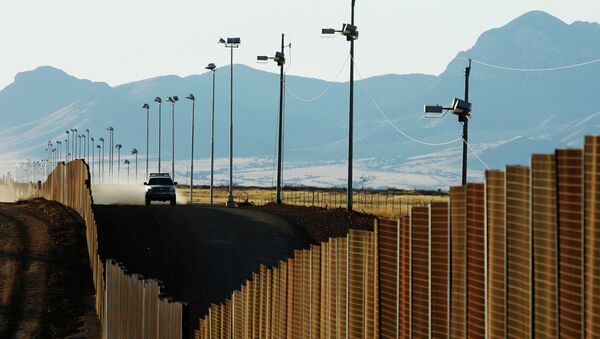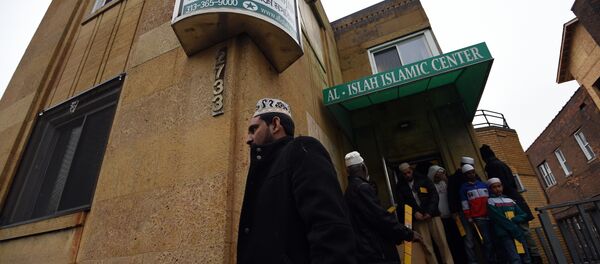In 2017, about 30,200 people entering and leaving the country had their devices seized by border agents for further inspection, an increase of almost 60 percent from the year before, when CBP examined 19,051 devices, according to government data.
"In this digital age, border searches of electronic devices are essential to enforcing the law at the US border and to protecting the American people," John Wagner, deputy executive assistant commissioner at CBP, said in a January 5 announcement.
Despite the sharp increase from the previous year, it is worth noting that about 0.007 percent of the 397 million international travelers had to fork over their electronic devices to be searched. But in 2016, only 0.005 travelers were subject to the search procedure, according to the government agency.
In late 2016, the government quietly started a program to track the social media accounts of select foreign visitors. The CBP initiative monitored social media activity of certain visitors on platforms including Facebook, Twitter, Google+ and Instagram.
"I would say that the Muslim communities would probably be impacted to a greater extent than others because we've seen that in other initiatives, that those ethnicities have been targeted," Eric Vandenburg, a prominent US cybersecurity specialist and author, told Sputnik News at the time.
"It's probably profiling across the board, but some part of that profiling won't be used to target certain individuals," he noted.
Last October, the Department of Homeland Security revised the policy to give the agency power to collect social media and search result information for all international visitors.




